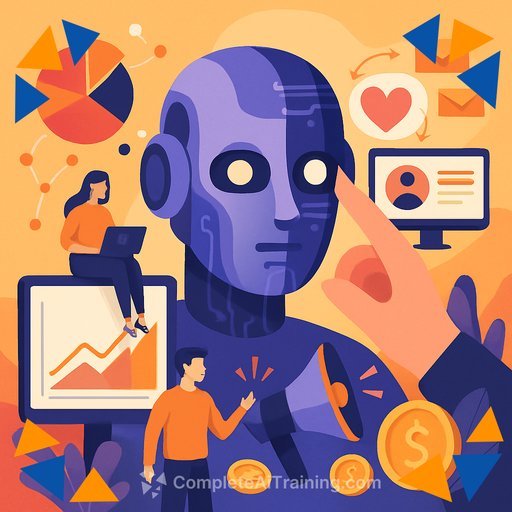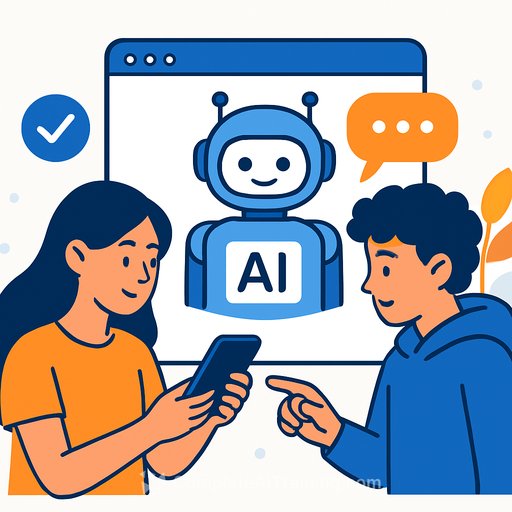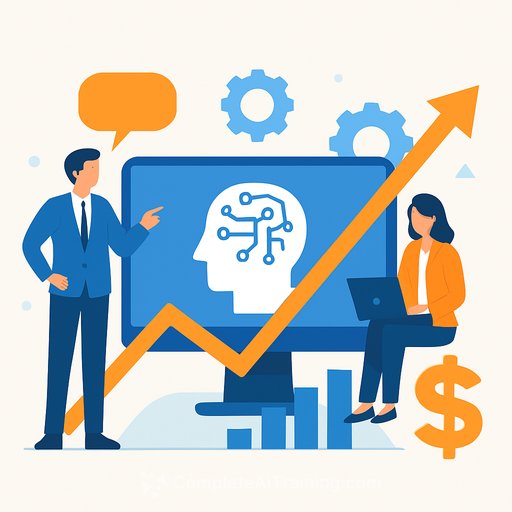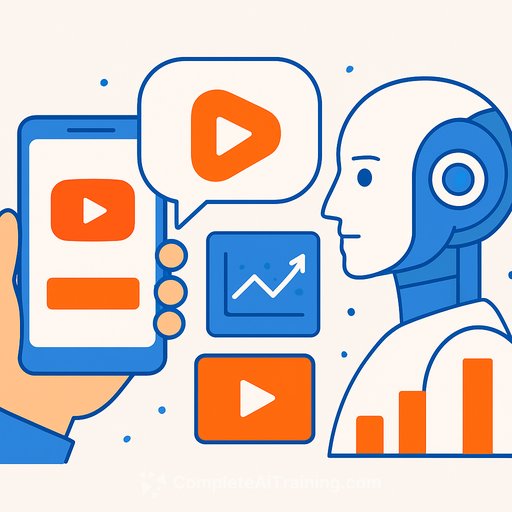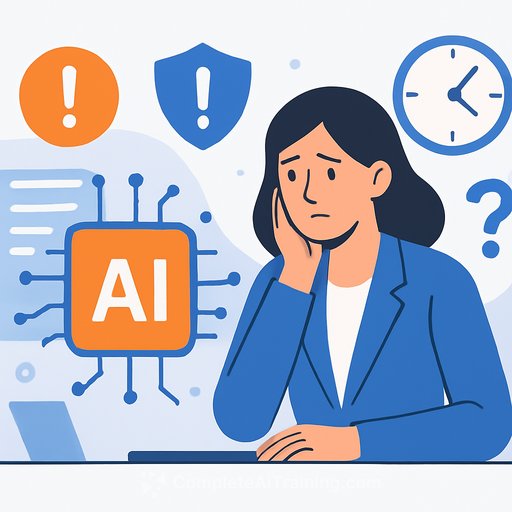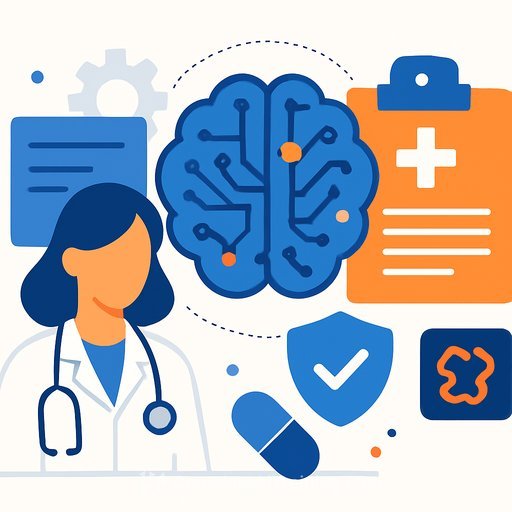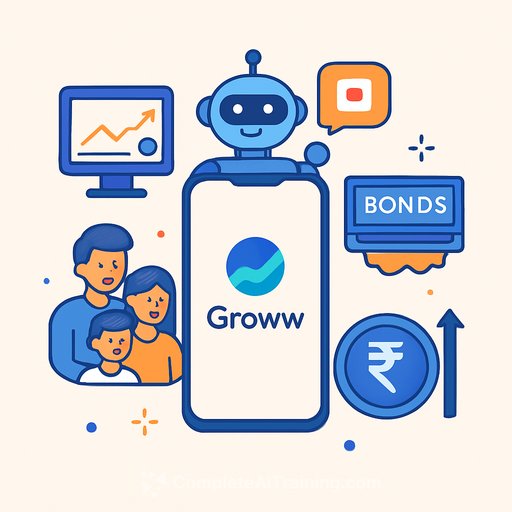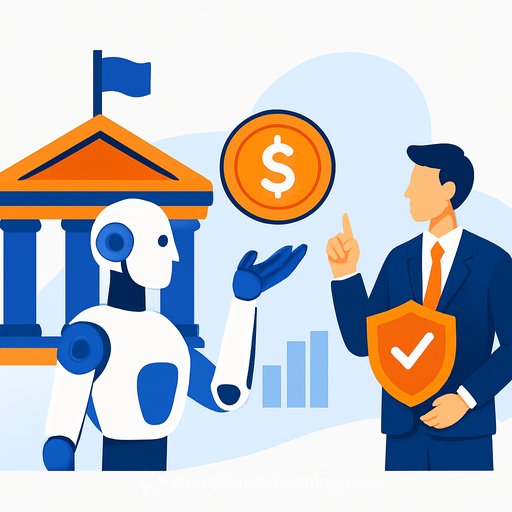3 ways AI will advance marketing in 2026
AI is moving from pilots to scaled programs. In a recent report from the Marketing AI Institute, 60% of nearly 1,900 U.S.-based respondents said their teams were piloting or scaling AI, up from 42% in 2023. Another 74% said AI is critical or very important to next year's agenda. Expect the biggest effect in personalization, orchestration and creative work.
1) Hyper-personalized content
AI will help marketers connect with customers across socioeconomic, cultural and linguistic backgrounds. This shows up in two ways:
- AI-based personalized campaigns that adapt to preferences and behaviors.
- AI-generated content for individuals and microcommunities.
Personalization will move past segments into context-specific messages on the channels people prefer. Dynamic content systems will adjust in real time to keep each touchpoint relevant.
Generative models will speed up production. With precise prompts, teams can produce copy, scripts, product sheets, videos and translations in a customer's preferred language - all consistent with brand standards.
2) Agentic AI-led orchestration
Teams will progress from experiments to adoption of agentic AI - once the basics are in place. In the EY U.S. AI Pulse Survey, 34% of decision-makers had begun implementing agentic AI, but only 14% had done so fully. Many use cases are still simple assistants because there's limited clarity on the technology's potential. See more context from EY's AI insights.
The upside appears when agents automate complex tasks across channels and tools. That requires redesigning workflows around agents, not bolting agents onto legacy processes. The foundation looks like this:
- Reskill teams for prompt craft, agent design and oversight.
- Turn raw data into governed, reusable data products.
- Stand up clear governance and responsible AI frameworks.
- Upgrade infrastructure and integrations for smooth handoffs.
Move from isolated use cases to cross-functional execution to scale agents across the operation.
3) Creative strategy gets rewired
Generative AI will boost idea generation and production. Creators can move from concept to text, image, audio or video in one workflow, then iterate fast.
It also streamlines the unglamorous work: tagging assets for retrieval, resizing for channels, versioning and compliance checks. Less time on chores, more time on thinking and testing.
Measurement will get tighter. By analyzing content attributes and campaign metrics, AI can standardize how teams evaluate creative, forecast outcomes and tune spend in-flight.
The gap: only 25% of teams have an AI roadmap. A practical roadmap sets skills, tech upgrades, data products, and governance so creativity and precision improve together.
What leaders should do now
- Set 3-5 measurable outcomes for AI in marketing (e.g., lift in conversion, reduction in cycle time, cost per asset).
- Inventory data, content and tools; define the minimum viable data products your agents and personalization engines need.
- Run 90-day pilots with clear KPIs: one for personalization, one for agentic orchestration, one for creative production and measurement.
- Create a governance and responsible AI framework with human review, prompt libraries and feedback loops.
- Upskill teams and establish an AI content operating model covering briefs, prompts, review and deployment.
Want structured upskilling for your team? Explore the AI Certification for Marketing Specialists or browse AI courses by job role.
Your membership also unlocks:

